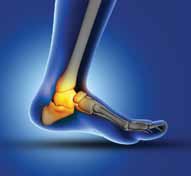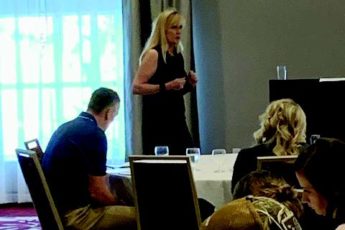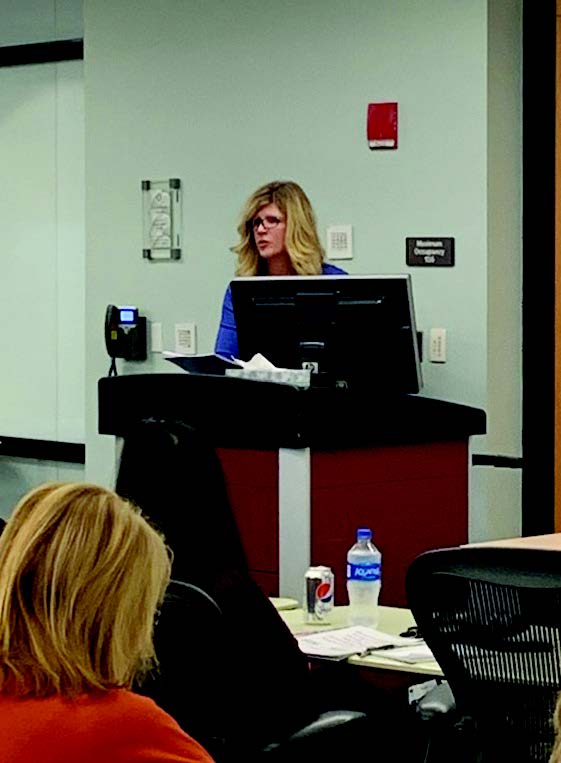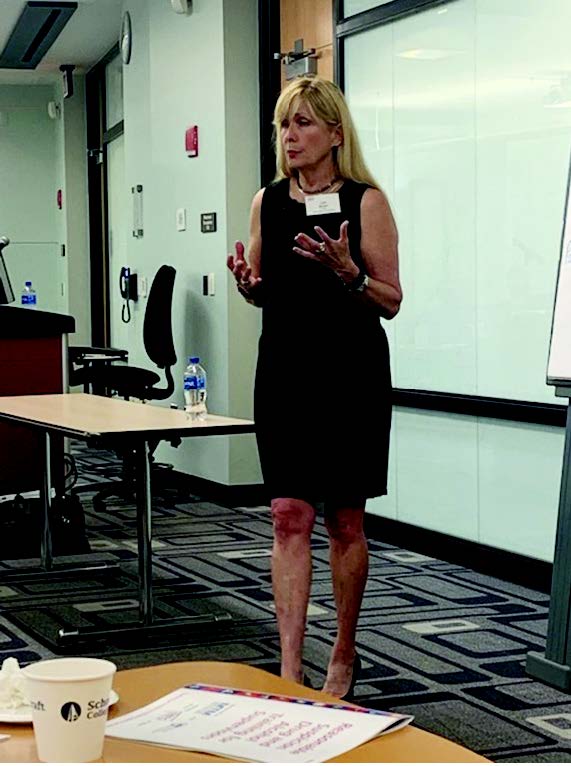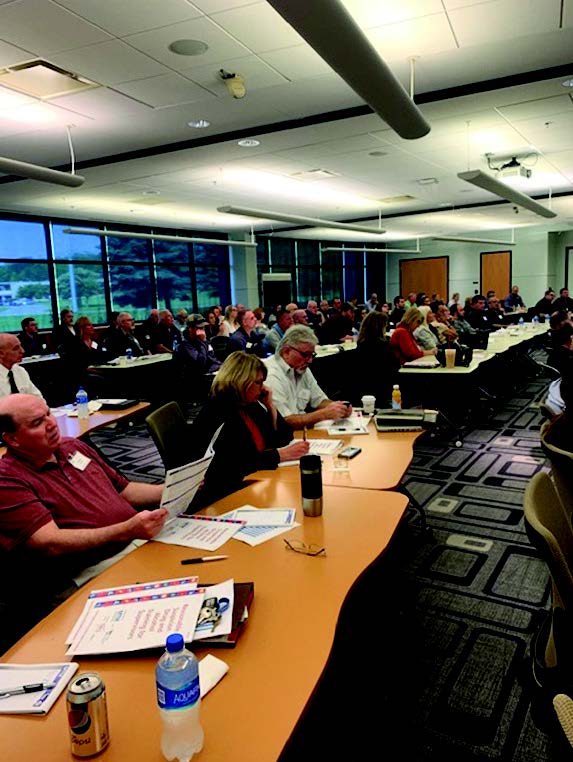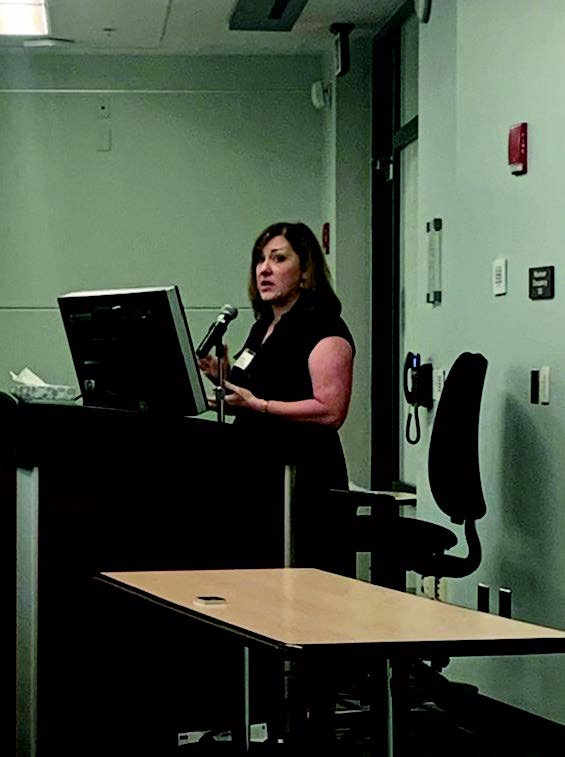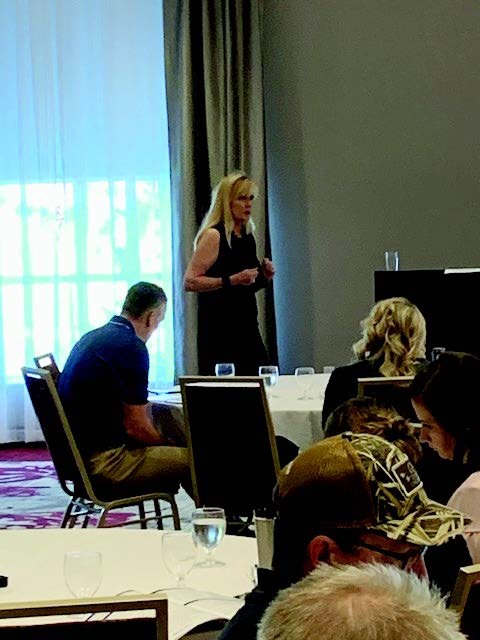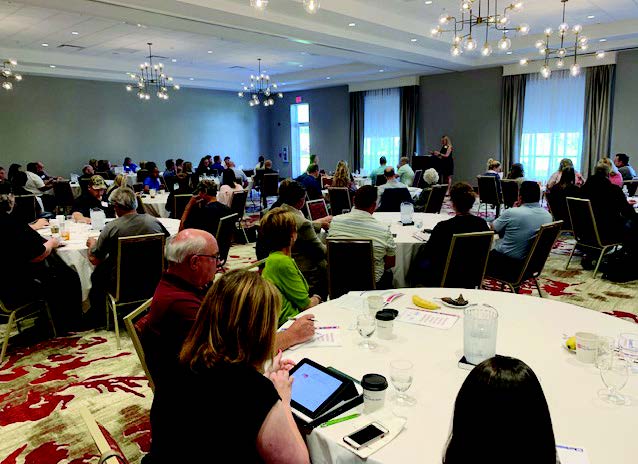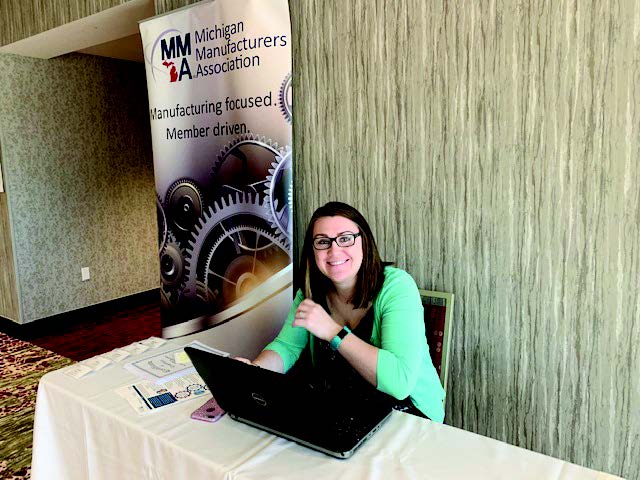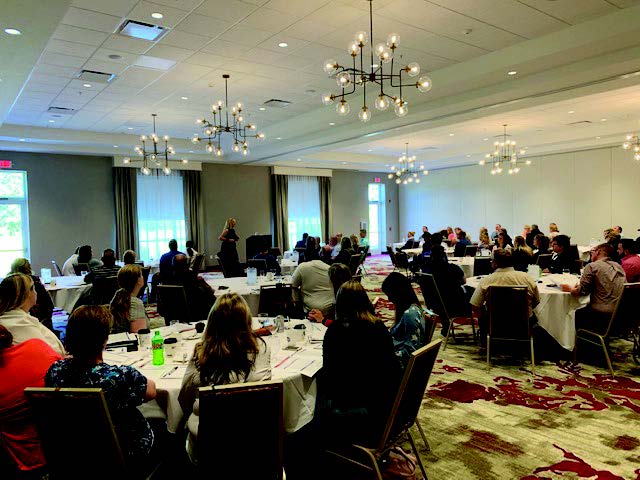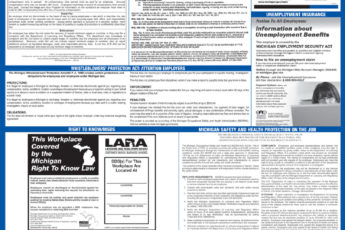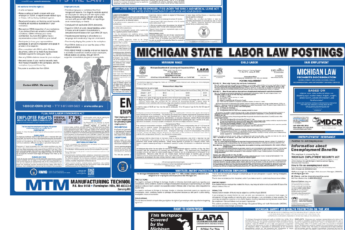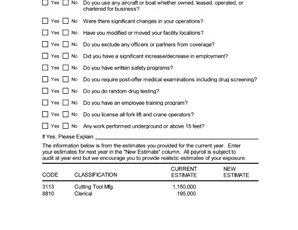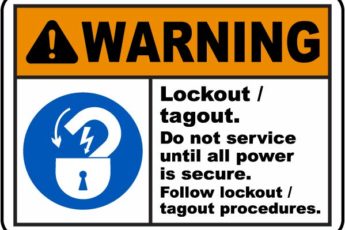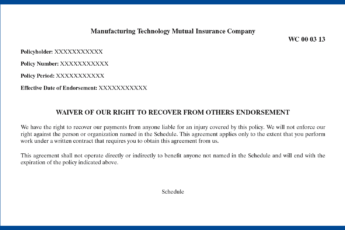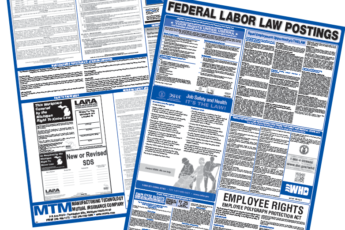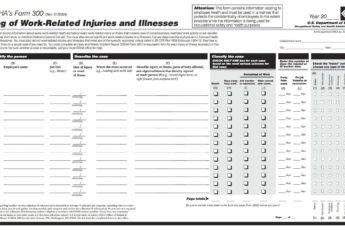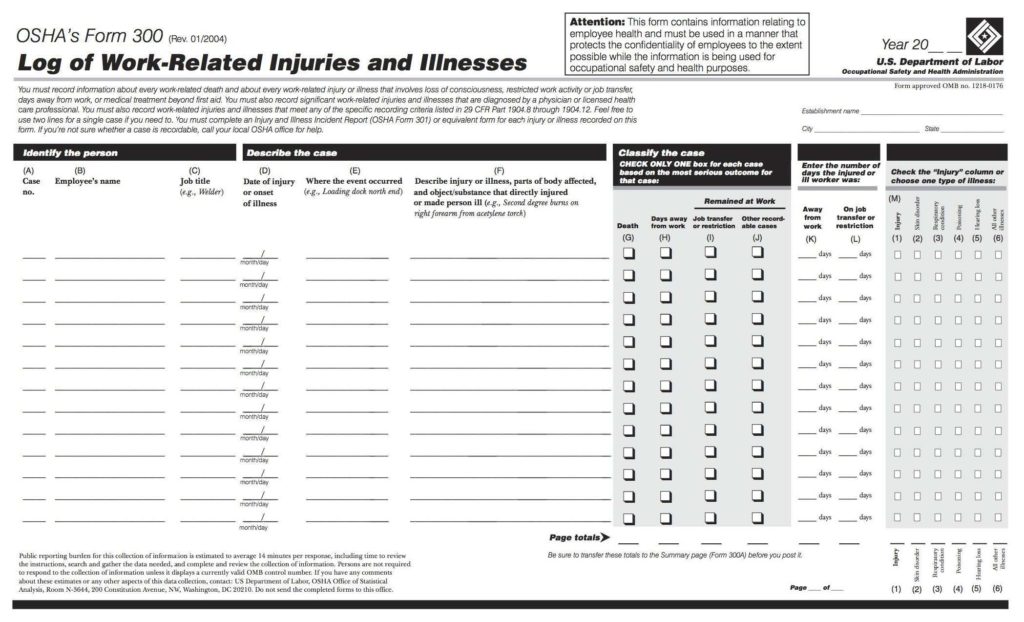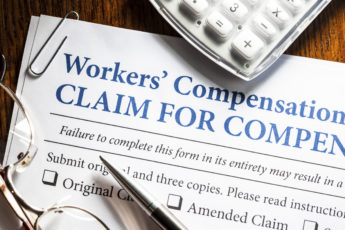For a change of pace, let me share an MTM project with you that I have been working on. And I will warn you that it includes some insurance geek. You buy insurance to provide financial reimbursement in case of loss. You do this to protect your building, your cars, your health, your life and in the case of MTM – your workers for workplace accidents. All of us do not want large financial surprises if one of these loss events occurs. Like us, insurance companies buy insurance too. When an insurance company buys insurance it is called reinsurance. While insurance companies retain financial reserves to pay losses, what happens if we had a plant explosion with 20 or 50 employees injured? What if an MTM member had a building fire that injured a group of employees? Or a car accident with 5 employees seriously hurt? You get the picture. While this type of loss probability is low, it can (and will) happen. It is prudent for MTM to have protection for these possible shock losses.
At MTM we buy reinsurance for catastrophic events. Your MTM pool has plenty of financial reserves to cover losses. This is proven by our financial reserve evaluations by the Michigan State Insurance Department, independent outside actuaries, the MTM Board made up of members and verified by an outside insurance rating agency, Demotech which rates MTM financial stability as A’ – Unsurpassed. Still, we would not want MTM’s financial condition (or our member dividend program) hurt by a shock event. We would never want our Member dividend program harmed because of a low probably, but significant single loss event. Conservative management of your company requires us to buy this type of insurance protection.
So with that background, now is the time of year to search, evaluate and purchase MTM reinsurance effective 1/1/2020. Over the last two weeks I have met with 9 companies to get competitive bids for MTM reinsurance. Due to the expense of this coverage and effect on MTM’s members, several MTM officers are involved. They include VP of Sales, Megan Brown, Chris Doebler, CFO, Glenda Moyle, Premium Accounting Manager, Donna Motley, VP of Claims and Ruth Kiefer, VP of Loss Control. Showing the quality of MTM management brings the price down for this reinsurance coverage.
Reinsurance cost is one of our highest expense items after claims payments. And like you with suppliers, I have to negotiate hard with present vendors and look for new vendors to reduce expenses. It’s part of our job. For me, saving money on reinsurance goes straight to the bottom line and into the MTM member dividend program.
Now you know about insurance company insurance, reinsurance.
Until next month, enjoy the beautiful fall weather.


